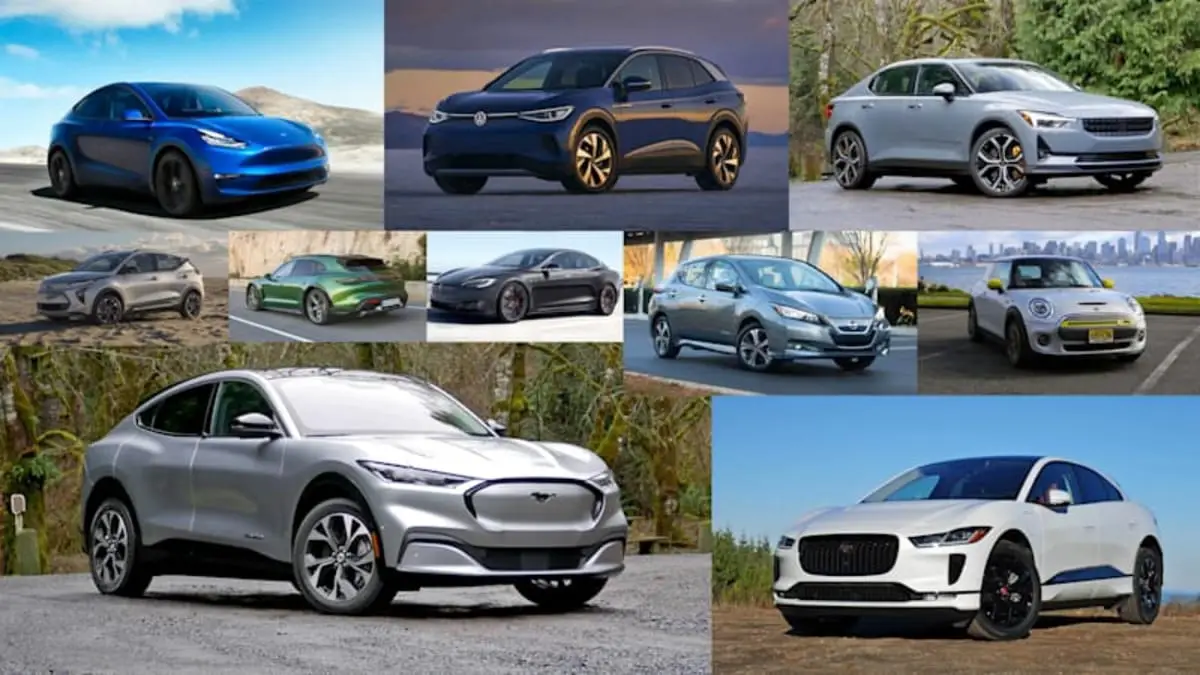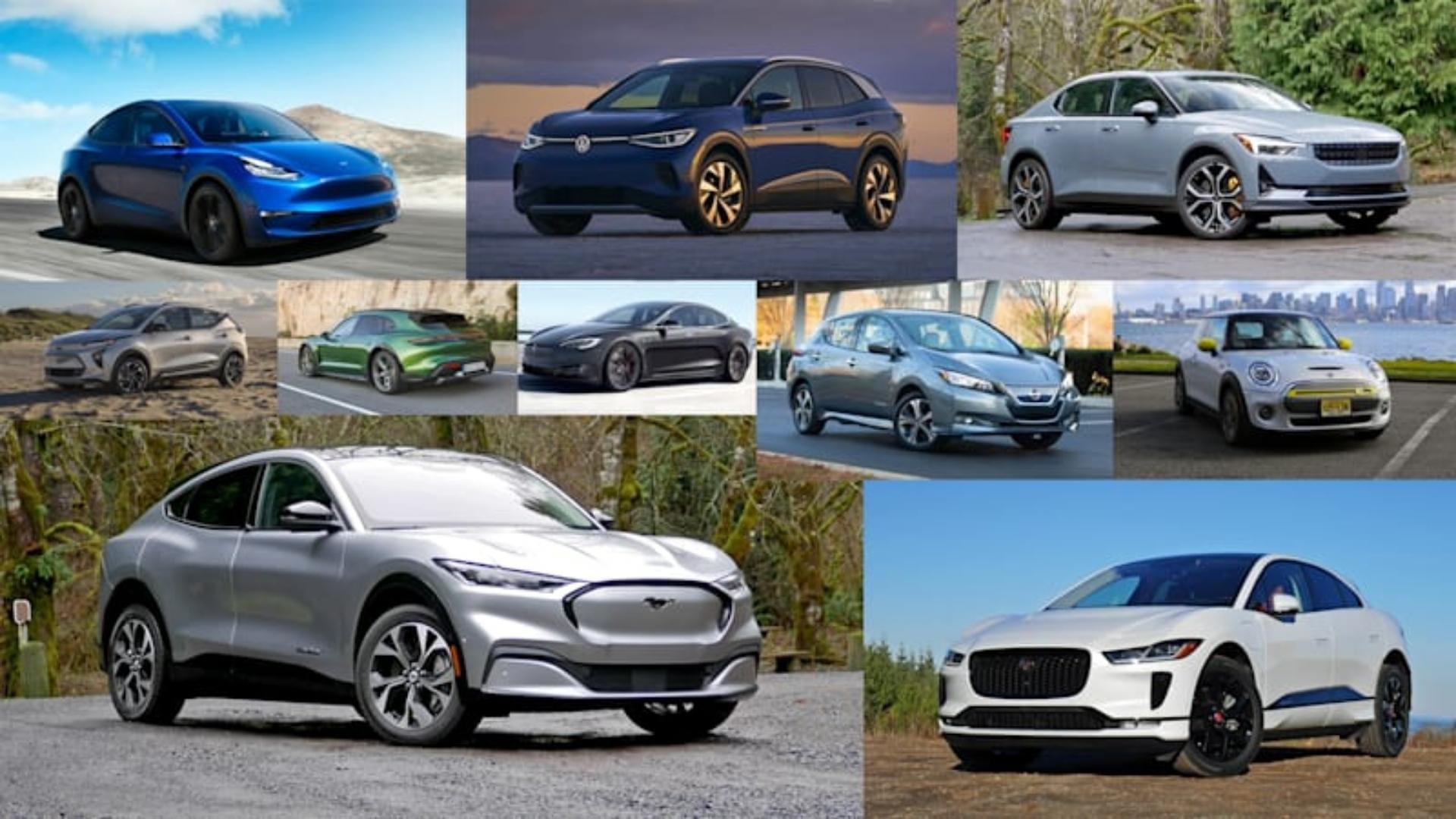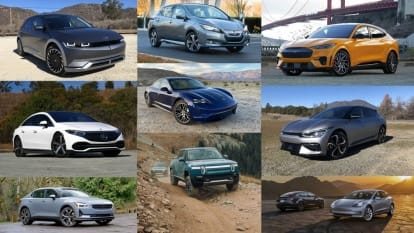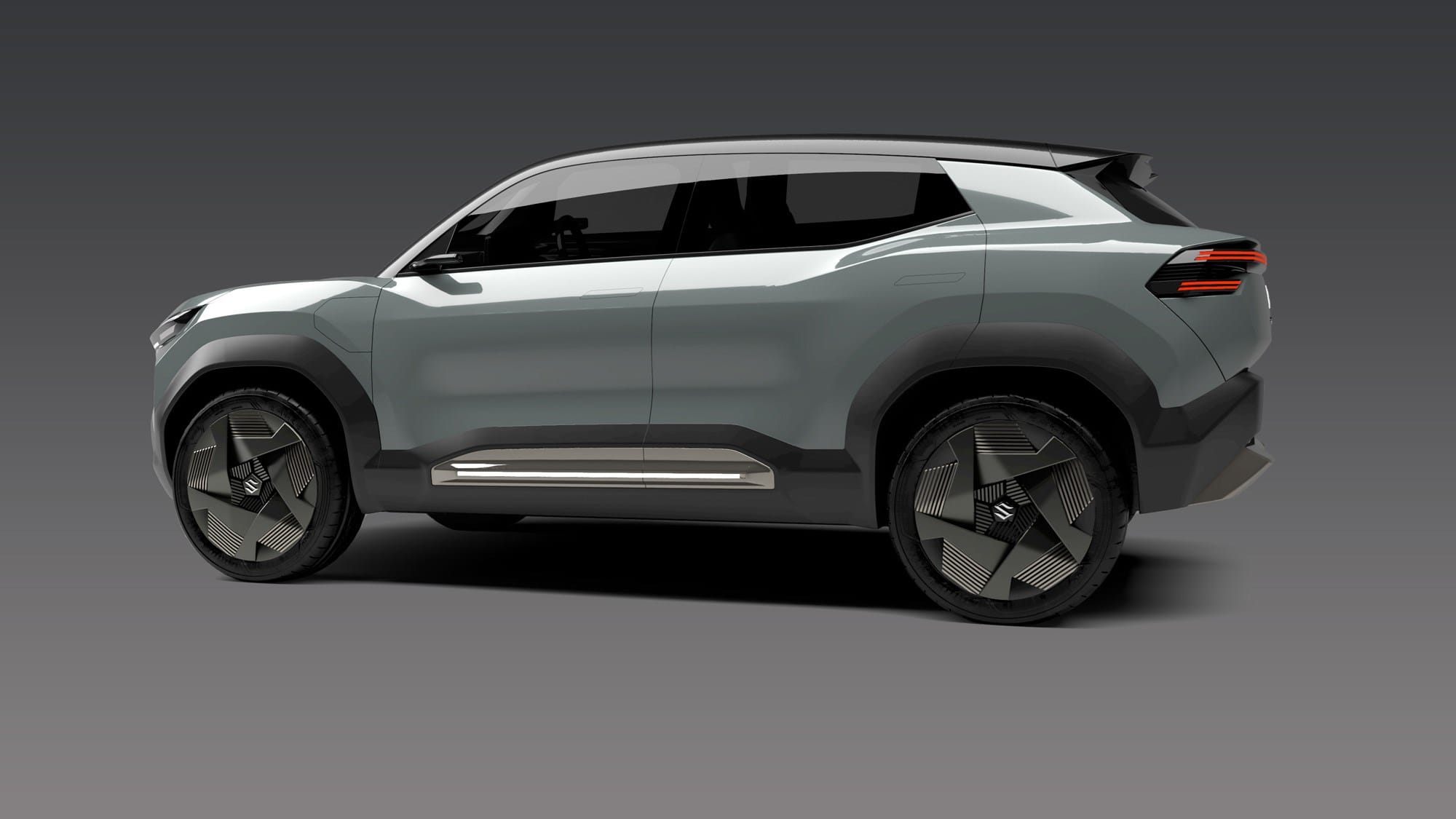Charged Rivalries: The Electrifying Showdown Among the Most Competitive EV Car Models.
In the fast-paced world of electric vehicles (EVs), competition among automakers is fierce, driving innovation and pushing boundaries like never before.


In the fast-paced world of electric vehicles (EVs), competition among automakers is fierce, driving innovation and pushing boundaries like never before. With each passing year, new models hit the market, each vying for attention and market share. Here, we explore some of the most competitive EV car models that are shaping the future of transportation.
1. Tesla Model 3
Arguably the car that kickstarted the mainstream electric revolution, the Tesla Model 3 continues to be a force to be reckoned with in the EV market. Offering an impressive range, cutting-edge technology, and a sleek design, the Model 3 has captured the hearts and minds of consumers around the world. With variants ranging from the Standard Range Plus to the Performance model, Tesla has ensured that there's a Model 3 for every budget and driving style.
2. Chevrolet Bolt EV
The Chevrolet Bolt EV may not have the same hype as some of its competitors, but it remains one of the most competitive electric vehicles on the market. With a spacious interior, excellent range, and a relatively affordable price tag, the Bolt EV offers a compelling option for consumers looking to switch to electric without breaking the bank. With Chevrolet's extensive dealer network and robust support infrastructure, the Bolt EV is accessible to a wide range of consumers.
3. Nissan Leaf
As one of the pioneers of the modern electric car, the Nissan Leaf has solidified its position as one of the most competitive EVs on the market. With a refreshingly simple design, a practical interior, and a reputation for reliability, the Leaf appeals to a broad audience of eco-conscious drivers. Recent updates, including increased range and updated tech features, have kept the Leaf competitive in an increasingly crowded market.
4. Ford Mustang Mach-E
With the Mustang Mach-E, Ford has entered the electric vehicle arena with a bang. Blending iconic Mustang styling with the practicality of an SUV and the efficiency of an electric powertrain, the Mach-E offers a unique proposition in the EV market. With multiple trim levels, including a high-performance GT model, the Mach-E caters to diverse consumers, from eco-conscious families to performance enthusiasts.
5. Volkswagen ID.4
Volkswagen's foray into the electric SUV market comes in the form of the ID.4, a stylish and practical crossover with mass-market appeal. With a spacious interior, solid driving dynamics, and a competitive price point, the ID.4 is positioned to be a strong contender in the rapidly growing electric SUV segment. Plus, with Volkswagen's extensive dealer network and brand recognition, the ID.4 is poised to attract a wide range of buyers.
To sum it up, the electric vehicle market is more competitive than ever, with automakers vying for dominance with innovative designs, cutting-edge technology, and compelling value propositions. From the pioneering efforts of Tesla to the established players like Chevrolet and Nissan, and the newcomers like Ford and Volkswagen, there's no shortage of competitive EV car models to choose from. As the industry continues to evolve and mature, consumers can expect even more exciting offerings in the years to come, driving us closer to a future powered by clean, sustainable transportation.

Additionally, in the rapidly evolving landscape of the automotive industry, a new frontier has emerged: the electric vehicle (EV) market. As concerns over climate change and environmental sustainability intensify, automakers worldwide are racing to stake their claim in this burgeoning domain. At the heart of this race lies fierce competition among manufacturers, each vying for supremacy in a field where innovation is key and consumer demand is burgeoning.
The Battle for Innovation
Competition among automakers in the electric vehicle sector is driving unprecedented levels of innovation. From advancements in battery technology to the development of cutting-edge autonomous driving systems, companies are pushing the boundaries of what is possible in electric mobility.
Tesla, often heralded as the pioneer of the modern electric car, set the stage for this competition with its groundbreaking models and visionary approach to technology. However, traditional automakers have since entered the fray, determined to carve out their share of the market. Companies like Volkswagen, BMW, and Ford are investing billions of dollars in electric vehicle development, with ambitious plans to electrify their entire fleets in the coming years.
Expanding Product Offerings
One of the most visible manifestations of this competition is the rapid expansion of electric vehicle offerings from automakers across the board. Gone are the days when electric cars were niche products with limited appeal. Today, consumers can choose from a diverse array of electric vehicles, ranging from compact city cars to luxury SUVs and high-performance sports cars.
The introduction of electric pickup trucks, once considered a novelty, has further diversified the market, appealing to a segment of consumers previously overlooked by electric vehicle manufacturers. Companies like Rivian, Tesla, and Ford are leading the charge in this space, promising powerful, capable trucks with zero emissions and impressive performance.

Charging Ahead
In addition to expanding their product offerings, automakers are also investing heavily in charging infrastructure to support the growing number of electric vehicles on the road. Fast-charging networks are being deployed at an unprecedented pace, with companies like Electrify America and Ionity leading the charge. These efforts aim to alleviate range anxiety and make electric vehicle ownership more convenient and accessible to consumers.
The Regulatory Landscape
Government regulations and policies play a crucial role in shaping the competitive landscape of the electric vehicle market. Incentives such as tax credits, rebates, and subsidies can significantly influence consumer purchasing decisions, providing an advantage to automakers with electric offerings. Additionally, stricter emissions standards and mandates for electric vehicle adoption in certain regions create both challenges and opportunities for manufacturers.
Looking Ahead
As competition among automakers in the electric vehicle sector continues to intensify, the future of mobility is undoubtedly electric. However, the winners of this race remain uncertain, as market dynamics, technological advancements, and shifting consumer preferences continue to shape the landscape. What is clear, however, is that the electric vehicle revolution is well underway, and automakers must innovate and adapt to thrive in this rapidly changing environment.
In conclusion, competition among automakers in the electric vehicle sector is driving innovation, expanding product offerings, and reshaping the future of mobility. With billions of dollars being invested and ambitious plans being laid out, the race to dominate the electric vehicle market is heating up, promising a future where sustainable transportation is not only desirable but inevitable.




